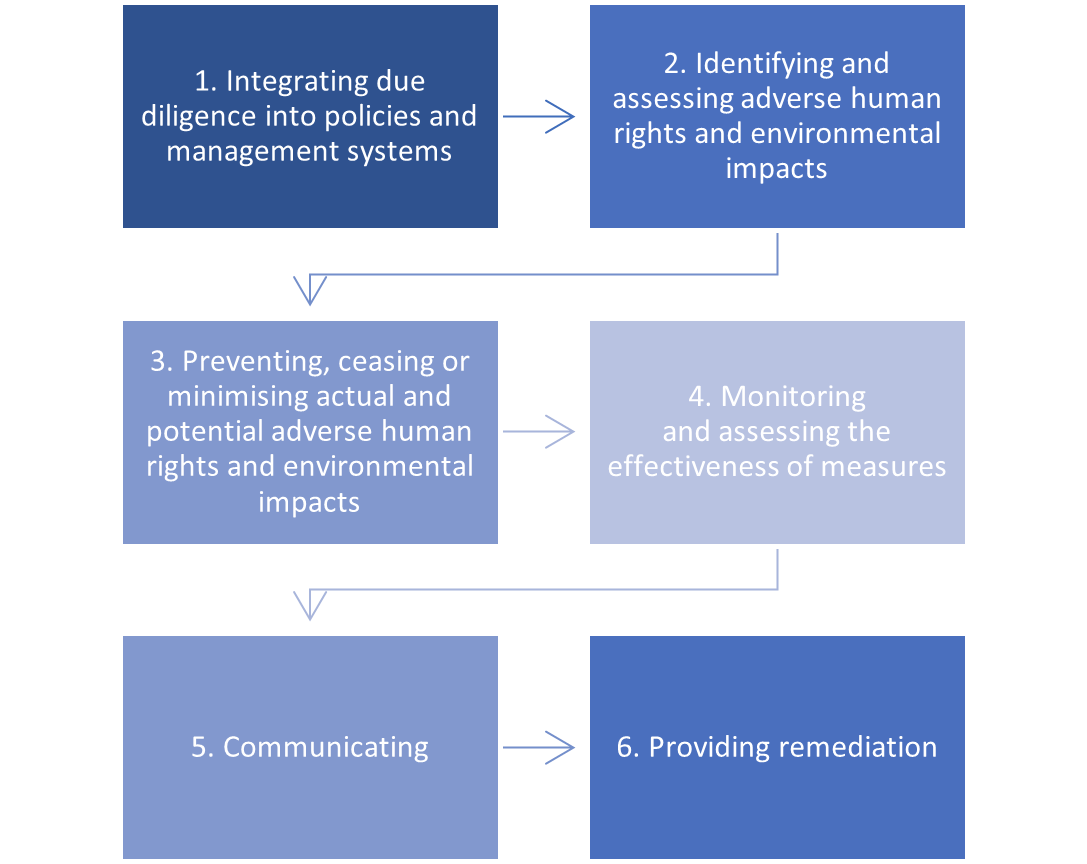Stewardship | ~ 4 min read
Collaborating to protect workers' welfare

Safeguarding the rights of workers throughout supply chains is a growing sustainability concern. More supply chain transparency – and collaboration between stakeholders – is key to addressing the many potential risks.
Recent workers’ rights violations and law changes are putting pressure on companies to safeguard suppliers’ employees as well as their own. Aware of the potential risks that could arise, we have been engaging with firms on managing this issue.
Last year, we introduced our proprietary framework for engaging on human rights in supply chains and have since engaged with companies facing significant controversies. We aim to assess how these companies are addressing the risks associated with this issue and how we, as investors, can push for improved measures to mitigate potential breaches.
Corporate accountability
In a world of digital connectivity spurred by social media, issues like these can rapidly gain notoriety. But our engagements have highlighted that companies are hampered by a lack of standardised data to help them identify and monitor their suppliers' exposure to human rights risks.
As a step towards greater corporate accountability and transparency, we welcome the European Council’s final approval of the Corporate Sustainability Due Diligence Directive (CSDDD) last week.1 The directive aims to anchor human rights and environmental considerations in companies’ operations and corporate governance.
Exhibit 1: The six steps of the due diligence process set out in the CSDDD

Source: Infographic by Allianz Global Investors based on https://www.europarl.europa.eu/doceo/document/TA-9-2024-0329_EN.html#title2
Collaborative partnerships
Engagement between investors and investee companies is helpful but should extend to all stakeholders in the value chain for a cycle of discovery, remedy and policy. A single breach may not always result in the end of a company and supplier partnership. Companies can first seek to drive change through sharing best practice and supporting suppliers. However, clear escalation measures are necessary for repeated breaches or where issues are not resolved over a defined timeframe.
We believe industry partnerships are also important. As discussed in our thematic paper, human rights extend across a broad range of employment-related topics, where engagement often requires a dedicated focus and specific approaches. Examples include, living wages, child labour and forced labour, freedom of association and collective bargaining, health and safety including mental health, and women’s rights.
This year, we are focusing on living wages and workplace mental health, and partnering with industry bodies including as a member of Platform Living Wage Financials and a signatory of the global investor statement on workplace mental health led by CCLA.
Combining a more prescriptive European regulation with strong collaboration across the whole value chain, we believe that human rights risks can be better managed leaving investee companies less exposed to controversies.






